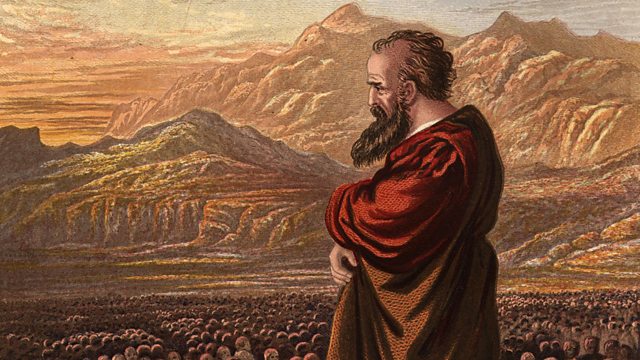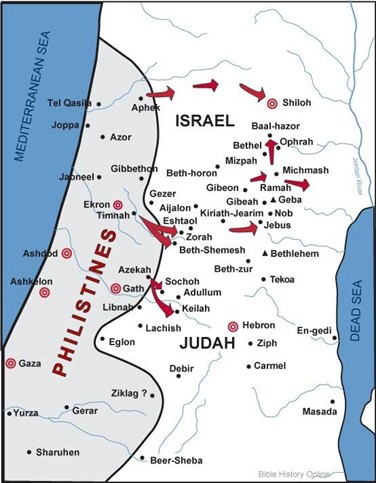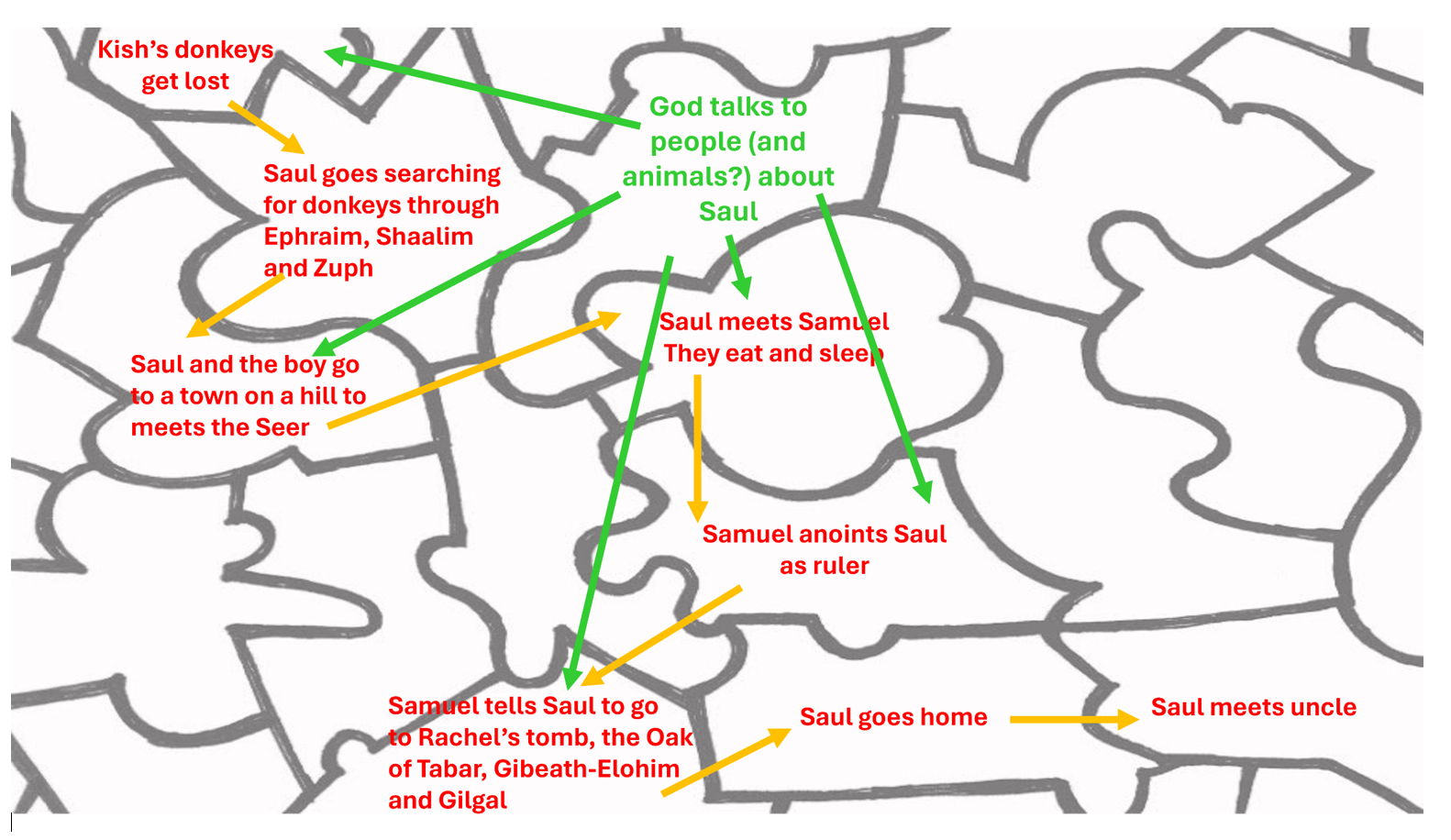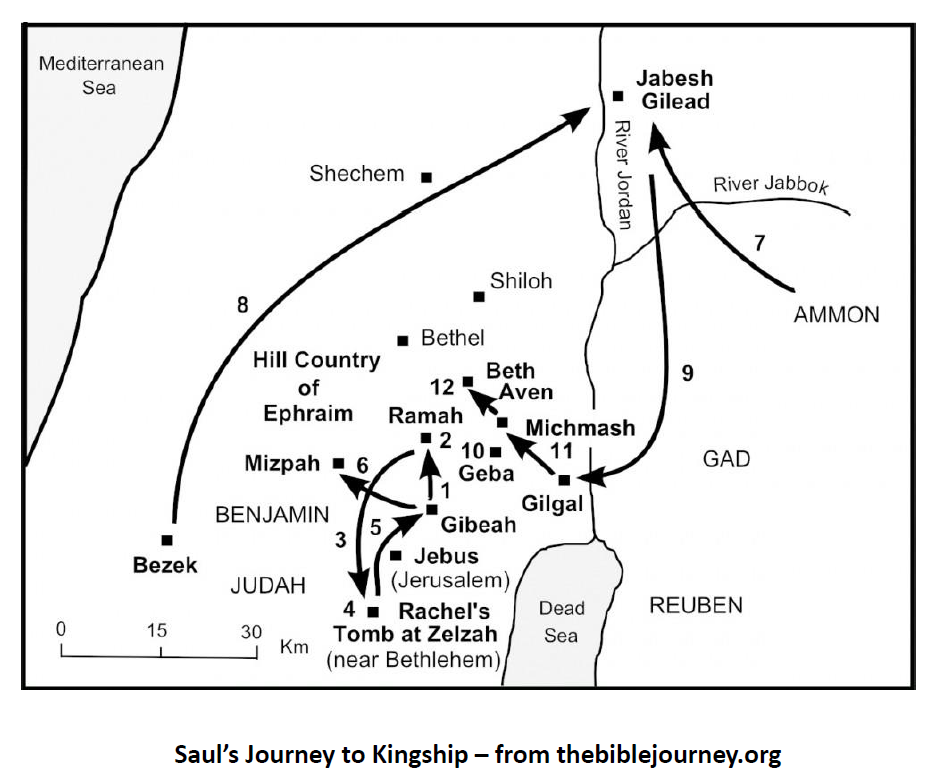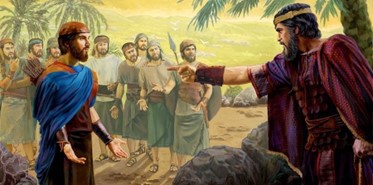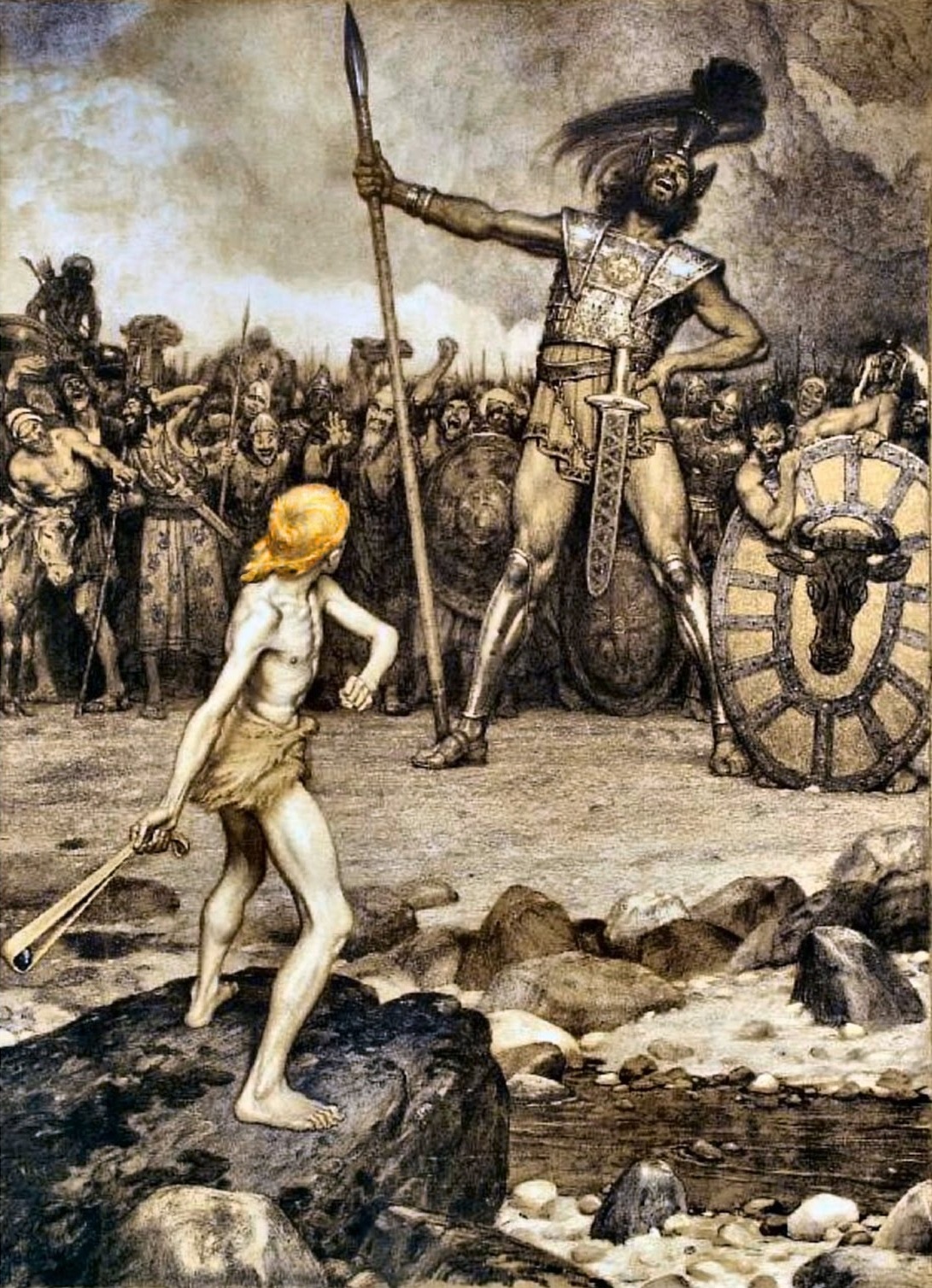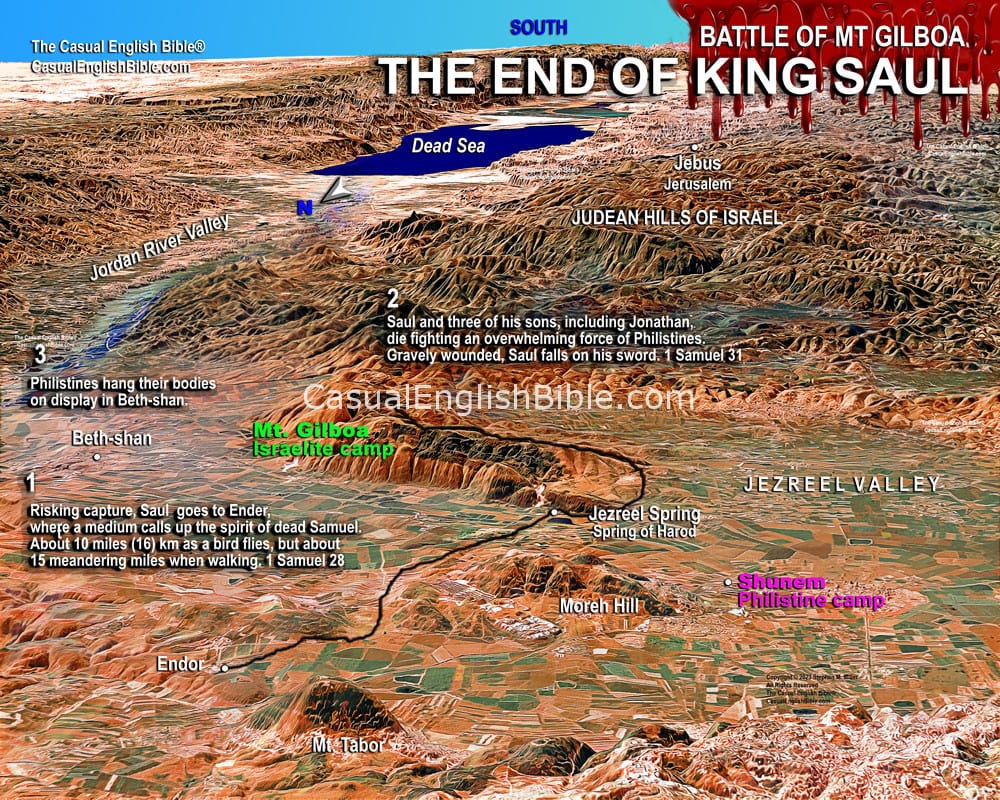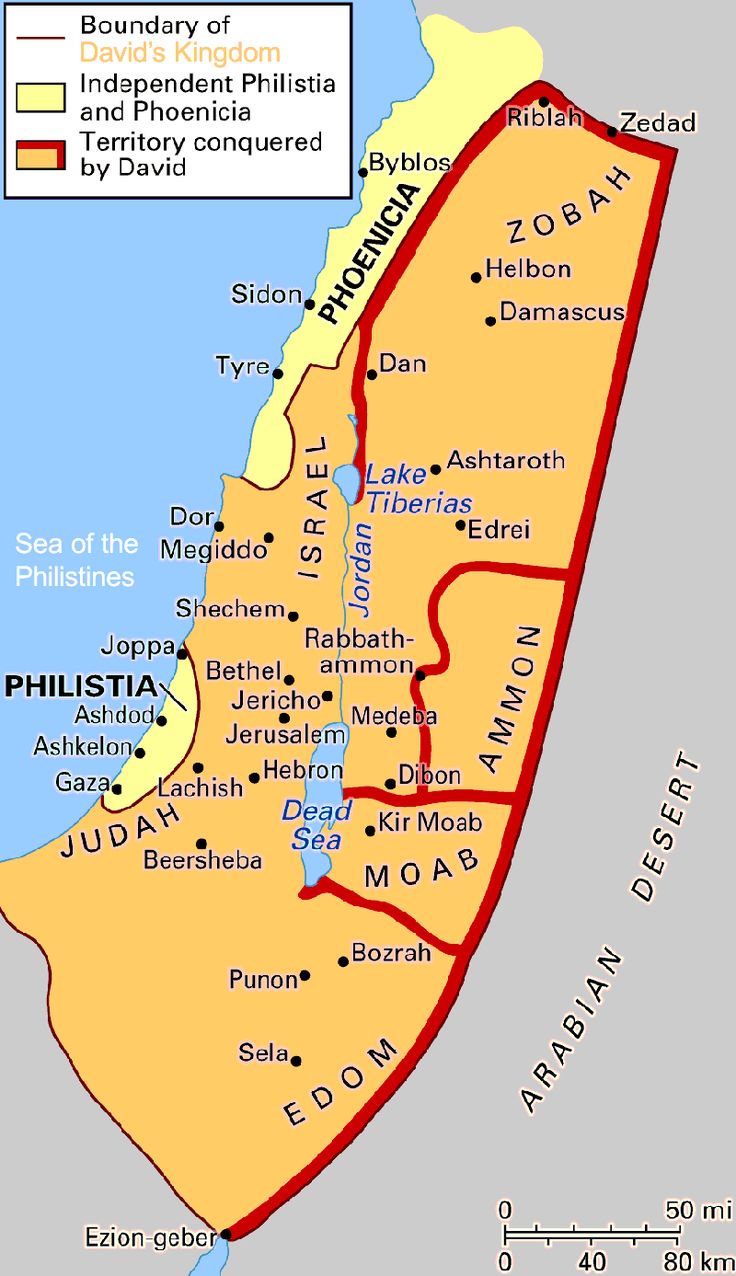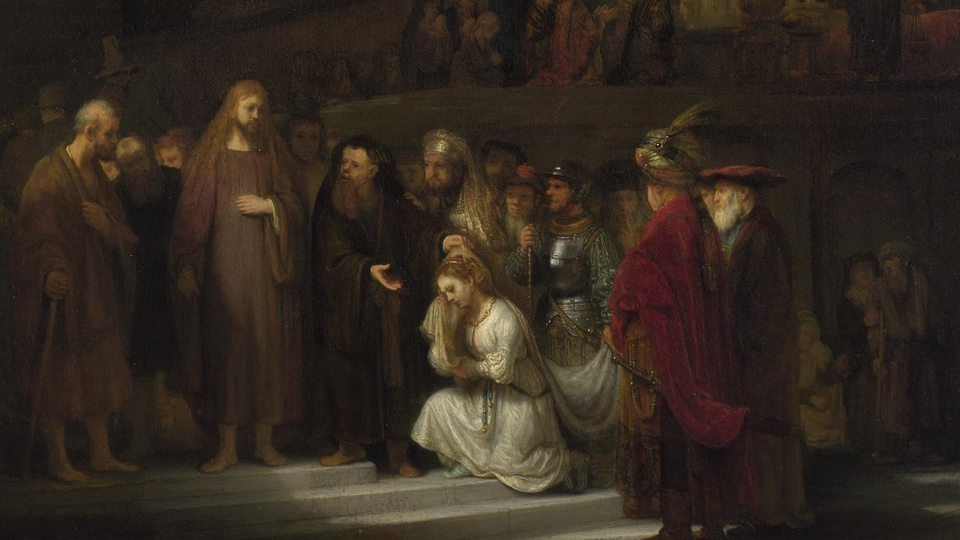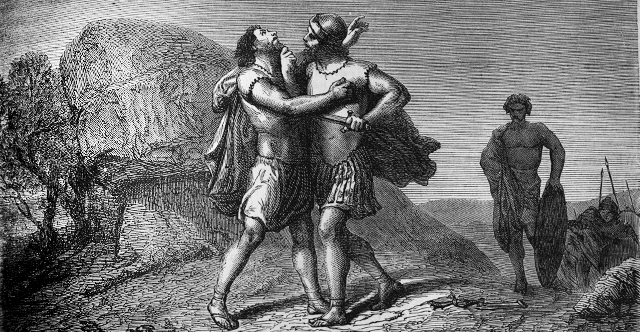01: Samuel's birth, Hannah's prayer
Notes for 10 Feb
Read: 1 Samuel 1:1-2:10
Our study of Inspiration led us into the history of the Judges. The challenges posed by the ethical chaos of that period and God's relationship to the development of Israel poses as many questions as answers. Constantly, throughout Judges it laments about the lack of kings at the time of the events. It would suggest that there was a strong yearning for strong and ethical leadership. What's new?
There is a common belief that 1 & 2 Samuel and 1 & 2 Kings were originally one long book, which some traditions describe as the 'Book of Reigns'. For practical purposes of scrolls it was divided into the 4 books as we now have them. The common theme follows the history of the kings through of the nation and then the divided kingdoms of Israel and Judah.
The records tell the age of the king on coming to the throne, where and for how long they reigned. It also provides information on basic character and significant issues of his reign. Some kings have extended records in relationship to their importance (Saul, David and Solomon being examples).
The highlight is the repeated failure of Israel to take its commitment to God seriously. The records seem to have been gathered during the early days of the captivity in Babylon from whatever written documents that survived the destruction of Judah and Jerusalem, and the collective oral traditions among the exiles.
1 & 2 Chronicles is a later and different record that overlaps this first one but includes some of the post-exilic period of Ezra and Nehemiah. There are some significant differences in the two accounts.
Samuel is the last of the Judges. The book charts a reluctant Samuel gradually accepting the need to transition to having kings.
The geographical setting for SHILOH is very significant.
- It was in SAMARIA in the territory of where Elijah had conducted his ministry and one of the key locations of what was to become the 10 Northern Tribes.
- ELI was the priest/judge that ruled over Israel at the time and for a total of 40yrs (1 Sam 4:18)
- The Ark of the Covenant had remained in Shilo for almost 400 years.
- ELI's 40 years terminated with the Ark of the Covenant being captured by the Philistines and the death of his two sons.
What connection does this have to Judges 19-21 in terms of time?
In the latter part of Judges there seems to have been multiple locations that superseded Shiloh as important centres of worship. The Levite at the heart of that story came from EPHRAIM. He did not seem to have any significant commitment to Shiloh.
ELKANAH (and his two wives PENINNAH with her sons and daughters, and HANNA) lived in the same area and faithfully followed the instructions of the Covenant to worship at the location of the Ark of the Covenant, which was at Shiloh.
- Was Elkanah being UNFAIR in his treatment of Peninnah when he loved Hanna more, and gave her a double portion of the sacrificial meat?
- What was this annual celebration for anyway?
- How does the inability to have children impact a woman who desperately wants to have a child?
- Was that issue more significant in the culture of that time?
ELI and HANNA
- What do you think of the PRAYER and PROMISES made by HANNAH? Jews are generally very vocal and demonstrative in prayer.
- Why would Hanna be praying silently with her lips moving. Why did she do that? This may have been the first time ELI had witnessed something like this.
- What do you think of how Eli responded to her need? Did he make any promises?
- Was the VOW that HANNA made the sort of vow that the LORD WOULD FIND ACCEPTABLE?
Eli would have no idea what the outcome of Hannah's prayer had been till it was answered?
- What would your response have been if you were ELI?
- What do Hanna's actions and this song of praise tell us about Hanna's love for God.
- What does it tell us about God?
Resources
- PDF of these notes
- Audio recording of class discussion (password protected)
